
While the K-pop industry is rapidly growing and expanding globally, the J-pop industry has suffered, and sales have been cut by nearly half compared to 15 years ago. This is because the album sales of Japanese artists have gone down a lot. On the other hand, K-pop album sales are at an all-time high. K-pop has grown to account for 37% of the top 10 on the 2021 Oricon album sales chart. It is said that many Japanese idols and aspiring singers are knocking on the doors of Korean entertainment agencies. In fact, BTS became the first non-Japanese artist to top Oricon's Year-End Album Chart.
According to a June 14th Hana Financial Investment report, the size of the Japanese music market last year was 283.2 billion Japanese yen (2.705 trillion KRW/ 2.1 billion USD), down 40% from 2006 (460 billion yen/ 3.4 billion USD). This is an average annual decrease rate of around -3% annually over the past 15 years. This was largely due to the decrease in sales of physical albums in the J-pop industry, which account for about 70% of the music market.

The biggest reason for the decline of J-pop is the closed nature of the industry. In the early 2000s, the industry was hesitant about the changes in the process of transitioning from physical mediums to the digital music era, such as streaming. Record companies were passive in participating in digitally streaming because they feared that physical album sales would decrease if the album was released digitally.

At the time, the Japanese music industry focused on protecting intellectual property (IP) with high importance, so the Japanese music industry was late to join digital platforms such as YouTube. In fact, most of Japan's top singers have been reluctant to engage in social media (SNS) activities. Arashi, a Japanese ‘national idol group,’ finally opened an official YouTube channel in August 2019, 20 years after they debuted. Also, Japanese agencies and artists focused only on the domestic market and made no efforts to advance overseas, fueling the decline of the J-pop industry.
Meanwhile, K-pop has aggressively penetrated the Japanese market. The proportion of K-pop in the top 10 on Oricon's annual album chart increased from 9% in 2010 to 37% in 2021. Even when BoA ranked 9th in 2005 and TVXQ reached 7th in 2010, it was considered an exceptional performance for some K-pop singers. But now, it is no exaggeration to say that K-pop has taken over the Oricon charts.





 SHARE
SHARE





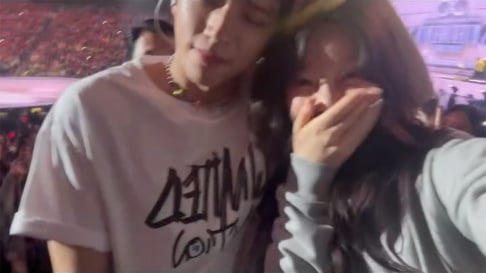












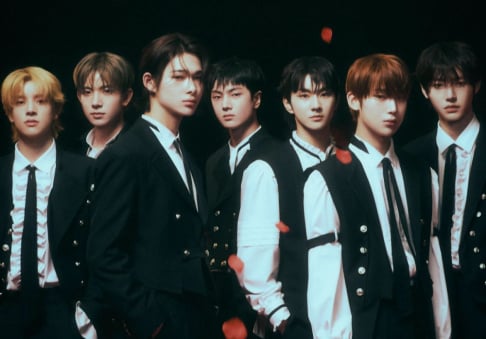









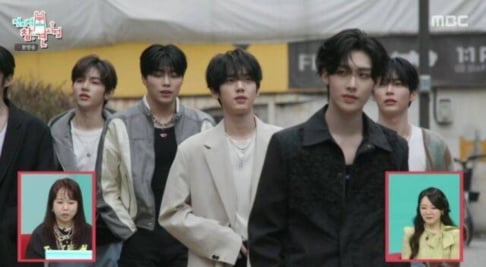

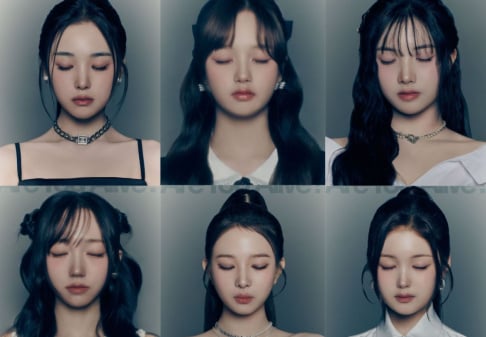

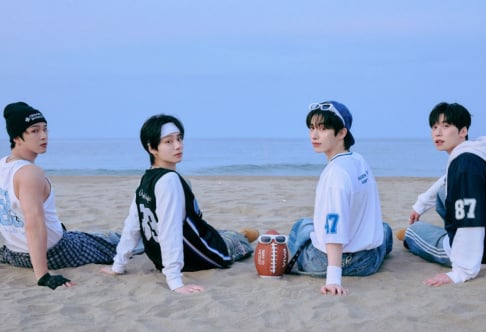

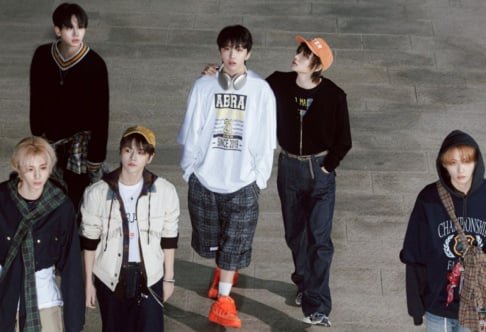









While this is a success for K-Pop, the fact that J-pop is slowly dying is a bit terrifying.